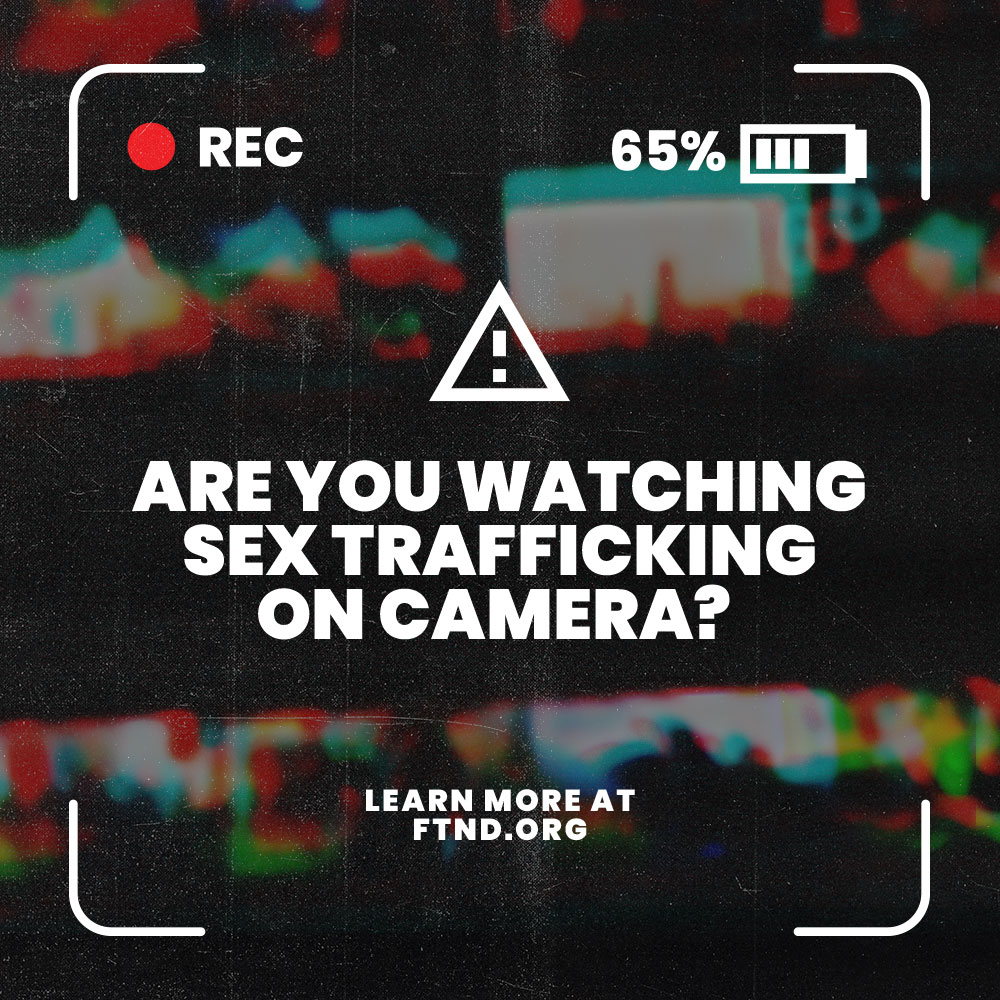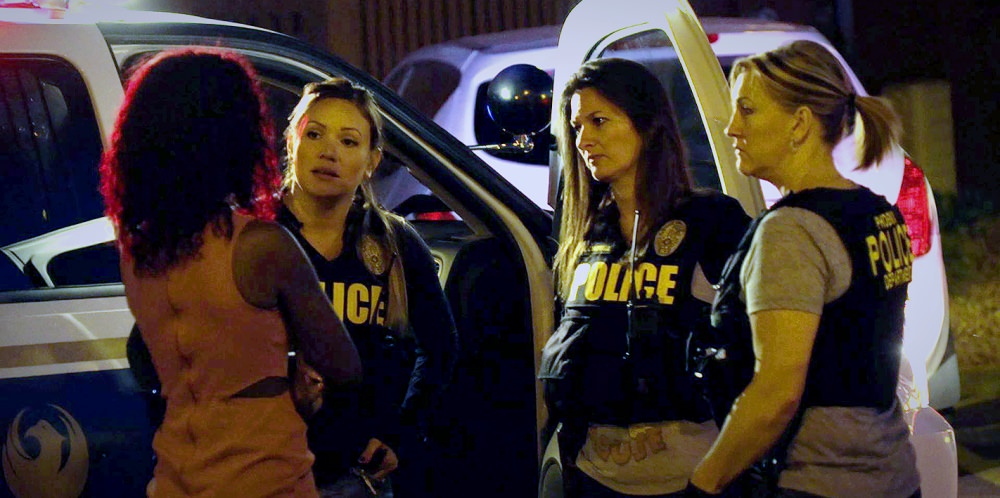Cover image credit to PBS. 4-minute read.
Does sex trafficking really happen in the United States?
A recently released PBS documentary investigates one of the oldest social problems our world has ever faced: sex trafficking. To destroy one longstanding myth that the US is immune from sex trafficking in our borders, the Frontline team followed a special police unit in Phoenix, Arizona, for two years.
As the title would suggest, Sex Trafficking in America aims to demystify the issue of trafficking in the States and emphasize that this truly is a global issue.
What do you think of when we say “sex trafficking”?
When our society thinks of sex trafficking, we imagine the dramatic Hollywood version: young boys and girls kidnapped and sent to a faraway country, bound in chains and forced to perform in black market pornography or to work as prostituted persons in a brothel. While these stories do happen and are every bit as heartbreaking as they sound, it is not the only nor most common scenario.
Not everyone who is trafficked has been abducted. Some are tricked with the promise of a job or groomed by an older man or boyfriend. Many are children moving through the foster care system, and others are teenage runaways. All are vulnerable to being duped by traffickers.
“There’s no stereotypical human trafficking victim,” Detective Amber Campbell said in the PBS documentary. “They span all ethnicities, all socioeconomic backgrounds, all races.”
Sex trafficking isn’t just a foreign country problem. It’s an every country, race, age, beliefs, problem—an every human kind of problem.
Why is sex trafficking so difficult to contain?
Sex trafficking is a multi-faceted issue that changes and evolves with time and technology. This keeps detectives on their toes as they continuously learn more about the issue and make more effective investigations.
One recent change is the detective’s approach towards prostituted persons and pimps. Because prostitution is criminalized, the (usually) women on the streets used to be easy targets for arrests, but now detectives talk to the girls and try to help them escape from their traffickers.
Related: Why Do Some People Fight Against Sex Trafficking But Unconditionally Support Porn?
“We don’t call them prostitutes anymore,” one detective in the doc said. “We call them victims and then survivors.”
The main focus is to go after the pimp, not the girls themselves. Even the term “pimp” is less used, and detectives call them what they are.
“If you’re using someone else’s body to make money, you’re a trafficker,” another detective said.
The commercial sex world existed on the streets long before the internet, but now most trafficking recruitment happens online with messaging apps and social media—where teens are. The detectives go undercover opening Facebook accounts, friending and connecting with potential victims, and identifying traffickers.
A few years ago, detectives used the now-defunct website Backpage to do most of their finding. The site, referred to as the Walmart of human trafficking, hosted ads of women and girls and was shut down in 2017. Almost immediately, copycat sites popped up, ads multiplied, and traffickers scattered across the internet.
Related: This Train Passenger’s Tweet Saved 25 Girls From Human Trafficking
Yet the detectives adapted to this change just as they adapted when trafficking first moved online. Unfortunately, shutting down one site doesn’t cut off the problem. So what does?
Stopping the demand for exploitation
“Human trafficking only perpetuates because there is a customer base,” Det. Amber Campbell said in the documentary. “If we had no customers, if we had no demand, we would have no trafficking. It’s simple economics.”
The documentary showed that a large part of the Phoenix task force’s efforts is geared toward deterring customers, or “sex buyers.”
Previously, if caught in states or cities where purchasing sex is illegal, sex buyers were slapped with a ticket, but now in Phoenix, they get arrested with their fingerprints recorded and photo taken. For many of these men, that photo being shared to the public record is the worst day of their lives because it not only uncovers their secret, their spouses or partners find out.
In one scene from the documentary, the detectives create fake online profiles posing as young women to solicit sex, and they book customer after customer to meet in a motel room. Det. Campbell says when they are arranging a booking with a sex buyer, they are increasingly asked to perform fetishes, meaning they also ask it of real prostituted persons. The idea these men—sex buyers are overwhelmingly male—have is that they can do whatever they want because they’re paying customers.
Related: By The Numbers: Is The Porn Industry Connected To Sex Trafficking?
But when the sex buyers arrive, expecting to meet the young woman they were messaging, they come face to face with police officers.
Once a sex buyer is arrested, Det. Campbell educates them about the prevalence of sex trafficking and explains that the girl they were coming to meet could have been a victim. According to Campbell, sex buyers always deny they would ever pay to have sex with a teenager or someone who didn’t want to—and yet there’s no way for them to know for sure.
A pornified culture
Just as sex buyers are unable to tell if the person they are purchasing is freely choosing to work or is forced by any form of coercion, porn consumers cannot determine true consent from performers in the videos they watch.
Consider this: with nearly half of sexually-exploited persons saying porn was made of them while they were sold for sex, it’s likely porn consumers have come across content that seemed consensual but was actually coercion.
Related: Report: The US Is One Of The Biggest Consumers Of Sexual Exploitation In The World
Sex trafficking and porn are inseparably linked. If these stats and survivor stories aren’t compelling enough, consider the requests the detectives received when posing as girls online. There have always been fetishes and different fantasies that prostituted persons have to endure, but porn is responsible for many extreme and degrading acts becoming mainstream.
Porn directly fuels the demand for sex trafficking by enforcing the idea that sex is a commercial commodity that can be purchased regardless of how it might hurt or affect the person who is the one being sold.
As one detective said, “A drug is a product that once it’s used it’s gone, and you need more. But a person can be used again and again.”




